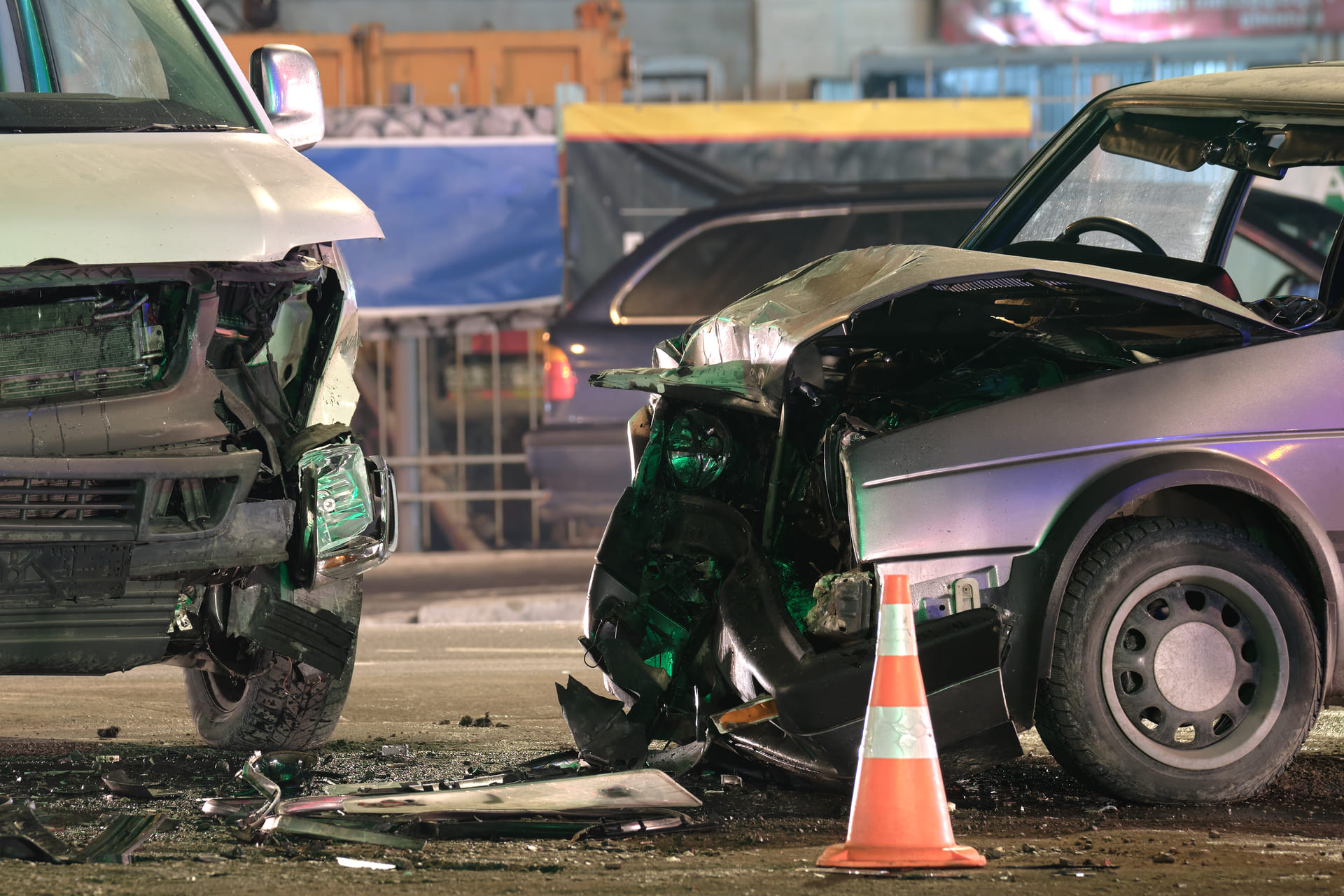Should I Get a Lawyer for a Car Accident That Wasn’t My Fault
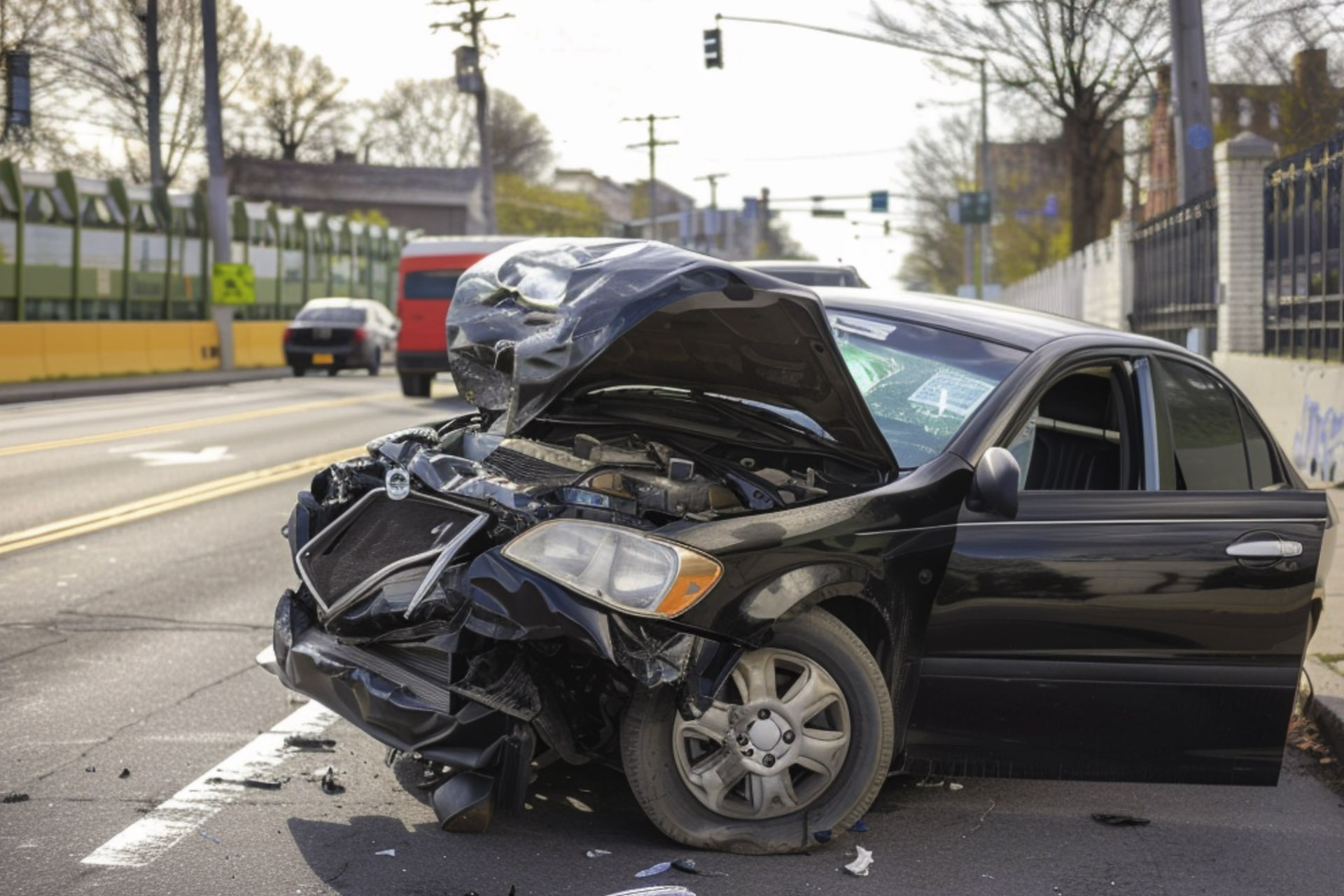
Yes, you absolutely should get a lawyer for a car accident that wasn’t your fault as soon as possible. It’s essential you do so firstly to protect your legal rights, but also to help you get compensation for damages.
In doing so, the lawyer will also gather the necessary evidence to build a robust case, which is very difficult to do when you’re struggling with the aftermath of the accident.
9 Reasons to Get a Lawyer After a Car Accident
Here are just nine compelling reasons to get a lawyer after a car accident:
1. Legal Expertise
A lawyer’s expertise in legal procedures and terminology is invaluable when navigating the aftermath of a car crash. They possess an intricate understanding of laws that can affect your case, including those related to fault determination, statutes, limitations, and comparative negligence rules.
Familiarity with these areas not only ensures adherence to all procedural requirements but also equips them to handle complex legal documents and communications effectively. This knowledge allows a personal injury lawyer to strategize how to file a claim from a position of strength, making sure every step taken maximizes your chances for a favorable outcome.
If your auto accident was in the Los Angeles area, contact a Torrance personal injury attorney for further guidance.

2. Accurate Case Evaluation
Lawyers are highly skilled at providing realistic assessments of a claim’s value and its likelihood of success. Through thorough examination of medical records and financial losses experienced because of accidents, they can estimate the fair compensation you may entitled to receive.
Furthermore, an attorney’s experience from similar cases to yours gives insight into how injury severity impacts daily life and how it will influence settlement amounts or jury verdicts for your case. By evaluating merits and potential challenges upfront, lawyers help set appropriate expectations guiding decision-making processes.
3. Establishing Negligence
One of the toughest elements to prove yourself is that the party at fault for the accident was negligent, but the lawyer will do all of this for you.
Proving negligence in a car accident claim typically involves establishing the following elements:
- Duty of Care: Showing that the at-fault party owed a duty of care to the injured party. In the context of driving, all motorists owe a duty of care to others on the road, including pedestrians and other drivers.
- Breach of Duty: This involves showing that the responsible party failed to act with the level of care that a reasonable person would exercise in similar circumstances. Common examples include speeding, running a red light, or driving under the influence.
- Causation: The injured party must show that the negligent actions directly caused the accident and resulting harm.
- Proximate Cause: Proximate cause involves demonstrating that the injuries or damages were a foreseeable consequence of the at-fault party’s actions. This element helps establish the connection between the breach of duty and the harm suffered.
- Damages: To pursue a negligence claim, the injured party must have suffered actual damages, such as physical injuries, property damage, medical expenses, lost wages, or pain and suffering. Damages serve as the basis for compensation in a negligence claim.
Additional reading: fleeing the scene of an accident
4. Negotiation
Negotiating with insurance companies is where attorneys truly prove their worth. They bring seasoned negotiation skills, honed by years of representing clients in similar situations.
Something that insurance companies commonly do is employ tactics aimed at reducing payout amounts. Having an advocate who knows how to counter these approaches can make a significant difference in the final amount received.
Moreover, should negotiations fail to reach a satisfactory agreement or they deny your claim, presence in the courtroom becomes necessary. Here again, the benefit of expert representation is evident. A capable attorney confidently presents evidence to argue in favor before the judge and peers, ensuring rights are fully protected throughout the trial phase.
Additional reading: what happens when you reject an insurance settlement offer
5. Gathering Evidence
Being able to gain key pieces of evidence is paramount following a car accident, yet doing this following an accident can be really tough, especially if you’re trying to recover from serious injuries.
When an attorney is handling a car accident case on your behalf, especially when it wasn’t your fault, they will gather various types of evidence to build a strong case:
- Accident Reports: Obtain and review the official police report detailing the circumstances of the accident. This report often includes information about the parties involved, witness statements, and the officer’s assessment of the scene.
- Photographs and Videos: Collect any available photographs or videos of the accident scene, vehicle damage, road conditions, and traffic signals. Visual evidence can help recreate the events leading to the accident.
- Witness Statements: Witness testimony can provide additional perspectives and support your version of events.
- Medical Records: This includes documentation of hospital visits, diagnostic tests, treatments, and prognosis. Medical records are crucial for establishing the extent of your injuries and linking them to the accident.
- Expert Opinions: Consult with accident reconstruction experts, medical professionals, or other relevant experts who can provide opinions on liability, causation, and the impact of the accident on your life.
- Vehicle Repair Estimates: To help quantify the property damage caused by the accident.
- Surveillance Footage: If the accident occurred in an area with surveillance cameras, they will attempt to obtain footage that captures the incident.
- Cell Phone Records: In cases involving distracted driving, your attorney may seek cell phone records to determine if the at-fault party was using their phone at the time of the accident.
- Driving History of the At-Fault Party: To identify any previous violations or patterns of negligent behavior.
To obtain this evidence, your attorney may use various legal avenues, such as:
- Subpoenas: Issuing legal requests for documents, records, or testimony.
- Depositions: Conducting sworn statements under oath from involved parties, witnesses, or experts.
- Discovery: Exchanging information and evidence with the opposing party during the legal discovery process.
- Collaboration with Experts: Consulting with accident reconstruction specialists, medical professionals, and other experts as needed.
Additional reading: lawyer fees for a car accident
6. Maximizing Compensation
A lawyer can help play a pivotal role in ensuring that all damages resulting from a car accident case are fully accounted for and maximized. They meticulously compile evidence of medical expenses, document lost wages due to time off work, and assess the intangible yet profound impact of pain and suffering on your life.
By considering both current losses and potential future consequences of injuries, car accident attorneys advocate for comprehensive compensation packages that cover every aspect of harm endured for all types of potential damages:
- Economic
- Non-economic
- Punitive
Their expertise allows them to identify often overlooked details that could significantly increase the claim’s value, ensuring clients receive the maximum possible settlement or court award.
Additional reading: average car accident settlement in California
Learn What Your Car Accident Claim Could Be Worth Today
Disclaimer: The results generated by this car accident settlement calculator are for informational purposes only. They are not legal advice or a substitute for professional evaluation. This tool offers a general estimate and does not reflect the unique details of your case, such as specific laws, liability factors, or additional specifics.
Selected Value: 0%
7. Meeting Legal Deadlines
Adhering to California’s legal deadlines is crucial in personal injury cases; lawyers ensure the timely filing of all necessary documents and car accident claims.
The car statute limitations in California—typically two years from the date accident—for instance, is a critical deadline. Missing it may result in losing the right to pursue compensation altogether.
8. Handling Denied Claims
When insurance claims are unfairly denied or underpaid, attorneys are adept at appealing and fighting to secure fair resolution. Armed with a strong understanding of the law and persuasive negotiation skills, they challenge the insurer’s decision by presenting compelling evidence to support the client’s position.
If the initial appeal is unsuccessful, prepare to take further steps, including arbitration litigation if needed. Their determination and resilience often lead to overturning denials, achieving settlements that truly reflect damages suffered.
Additional reading: Huntington Beach car accident lawyer
9. Diverting Blame
We often see car insurance companies denying a claim and instead blaming victims for the accident. This especially occurs when you get a call from them asking your version of the events and if you feel you could have done anything differently.
You have to be really careful when communicating since the insurance company may try to twist your own words against you, even if you’re trying to be positive with regard to the incident and the severity of your injuries.
Additional reading: is it worth getting an attorney for a car accident
To get expert legal advice in the Los Angeles area, contact a San Bernardino car accident lawyer today for a free consultation

When to Get an Attorney for a Car Accident
Navigating the aftermath of a car accident can be tricky, and knowing when to bring in an attorney adds another layer to the puzzle.
You’ve Been Injured
We simply have to mention this first because it’s the premise of all personal injury cases. As long as you were involved in a car accident that wasn’t your fault and you’ve sustained injuries from it, you have grounds to make a personal injury claim.
Yes, all the elements we mentioned above need to be in place, but you’d be surprised how many people don’t initiate a claim or seek legal counsel even for minor injuries.
Additional reading: should I get a lawyer for a minor car accident
You Are Partially at Fault, or There’s a Dispute Over Fault
In California, comparative negligence laws come into play when determining fault in an accident. Having legal representation is essential if you find yourself partially at fault or there’s a dispute over fault. California follows a system where each party involved in an accident is assigned a percentage of fault.
This percentage directly affects the compensation you receive. A skilled attorney can help you navigate these complexities, ensuring you receive your rightful compensation, even when there’s a shared fault.
Uninsured or Underinsured Motorists Are Involved
Being in an accident with uninsured or underinsured motorists can present significant challenges. Without proper coverage, pursuing compensation for your damages can be daunting. A lawyer can be instrumental in helping you navigate the complexities of these situations and speak with insurance adjusters.
They can explore avenues for compensation, such as uninsured motorist coverage, and work to ensure you receive the financial support you need to recover from the damages incurred.
Complex Liability Issues
Certain accidents involve complex liability issues, such as those with commercial vehicles or multiple parties. The legal landscape becomes intricate in these situations, requiring a thorough understanding of liability laws.
A skilled attorney can assess the situation, identify responsible parties, and build a strong case on your behalf. Whether it’s a collision with a commercial truck or a multi-vehicle accident, having legal support ensures you have an advocate who can navigate the intricacies of complex liability issues, maximizing your chances of a fair resolution.
Serious Injuries or Death
In cases where you or a loved one has suffered severe injuries or, tragically, lost their life in an accident, a skilled attorney can help ensure fair compensation for medical bills, lost wages, and the emotional toll of pain and suffering.
Dealing with the aftermath of such serious incidents is challenging, and having legal representation provides a path to justice and financial relief during a difficult time.
Insurance Company Disputes
Facing disputes with insurance companies over claims or settlements is a common challenge after an accident. Having a lawyer by your side can make a significant difference in these situations. Lawyers are adept at navigating the complexities of insurance policies and advocating on your behalf.
Whether it’s negotiating a fair settlement or addressing coverage disputes, legal professionals have the expertise to ensure you are treated fairly by insurance companies.
Statute of Limitations Guidance
Understanding and adhering to the statute of limitations is crucial in California when pursuing an accident injury claim. Missing these deadlines can have a detrimental impact on your case. A lawyer can guide you through the legal timelines, ensuring all necessary actions are taken within the prescribed period.
Time is of the essence, and legal assistance can help you meet the deadlines, preserving your right to seek compensation. In California, you have just two years from the date of the accident or the discovery of your injuries, whichever is later, to start your case.
Additional reading: how long does it take to settle a car accident claim in California
Guidance on California Laws
Navigating California’s intricate traffic and insurance laws can be challenging, especially when seeking compensation after an accident. Legal expertise is essential to understand and comply with these laws, maximizing the success of your claim.
A lawyer can guide you on the nuances of California’s legal landscape, ensuring you take the right steps throughout the process.
Additional reading: Torrance truck accident lawyer
If you’re in the Los Angeles area and need expert guidance after an accident, contact our team today.

When You DO NOT Need a Car Accident Lawyer
Yes, there are certain scenarios where hiring a car accident lawyer might not be necessary:
Minor Accidents with No Injuries
Hiring a lawyer may not be necessary in cases of minor accidents with no injuries and minimal property damage. When the damages are negligible, individuals can often handle the insurance claims process on their own.
Having said this, some members of the public still prefer to hire an attorney to handle the negotiation with the insurance companies, and that’s an OK thing to do.
Situations with Clear Fault
If the fault in the accident is crystal clear and there is no dispute over liability, individuals may opt not to hire a lawyer. Straightforward cases where one party is clearly at fault can be managed without legal assistance.
However, since many know the rule of “never admit fault, even if you are guilty”, the assistance of an attorney may still be needed if the at-fault party doesn’t own up.
Low-Cost Damage
When the damages are relatively low-cost and within the coverage limits of the involved parties’ insurance policies, it may not be cost-effective to hire a lawyer. In such cases, individuals may find it more practical to negotiate directly with the insurance companies.
Despite this, be aware that the insurance companies will always low-ball their initial offer!
Comprehensive Documentation
If the accident documentation, including police reports, medical records, and other relevant evidence, is comprehensive and supports your case, the need for a lawyer may be reduced. Strong evidence can facilitate a smoother claims process.
No Dispute Over Insurance Policy Coverage
When there is no dispute over insurance policy coverage, and the terms are clear and agreed upon by all parties involved, individuals may choose not to hire a lawyer.
The decision to hire a lawyer ultimately depends on the specific circumstances of each case. While these scenarios may suggest that legal assistance may not be immediately necessary, individuals should carefully evaluate the complexity of their situation and seek professional advice if uncertainties arise during the claims process.
Additional reading: how much can someone sue for a car accident
2024 Car Accident Statistics in California
As of 2024, the car accident statistics in California reveal a sobering reality about the frequency and impact of such incidents. The state has consistently experienced a high rate of car accidents, emphasizing the need for vigilance and preparedness among residents.
Recent data shows trends in accident rates, fatalities, and common causes, with the percentage of fatalities in the different areas as follows:
- Los Angeles: 49%
- San Francisco/Bay Area: 15%
- Fresno: 15%
- Sacramento: 9%
- San Diego: 8%
- Redding: 4%
While the specifics may vary, the overall picture highlights the ongoing challenge of road safety in California. Staying informed about these statistics is crucial for individuals to adopt proactive measures, adhere to traffic laws, and prioritize safety.
Additional reading: when to consult a lawyer for a truck accident
The Four Elements of Negligence in a Car Accident Case
When it comes to personal injury cases, such as car accidents, proving negligence is essential to securing compensation. Negligence occurs when someone fails to exercise reasonable care, resulting in harm to others. To win your case, we will need to demonstrate the following four elements of negligence:
1. Duty of Care
The first step in proving negligence is showing that the at-fault driver owed you a duty of care. This is a legal obligation to act in a way that avoids causing harm to others. When we drive, we all owe this duty to everyone on the road, including other drivers, passengers, cyclists, and pedestrians.
For example, driving at a safe speed and obeying traffic signals are basic responsibilities under the duty of care.
2. Breach of Duty
Once the duty of care is established, the next step is to prove that the other driver breached or violated this duty. A breach occurs when someone fails to act as a reasonable person would under similar circumstances.
Common examples of breaching the duty of care include:
- Speeding
- Running a red light
- Driving under the influence
- Distracted driving (e.g., texting while driving)
We will gather evidence, such as witness statements or traffic camera footage, to show that the other driver did not uphold their duty of care.
3. Causation
Causation means proving that the breach of duty directly caused your injuries or damages. In other words, our lawyers must show that the accident wouldn’t have happened if the other driver hadn’t breached their duty.
For example, if the driver was texting and rear-ended your car, we would need to show that the driver’s distraction (the breach of duty) caused the accident and your subsequent injuries.
Additional reading: 3-car rear-end collision settlements
4. Damages
Finally, we must prove that you suffered actual damages as a result of the accident. These damages can be physical, emotional, or financial, and they serve as the basis for your compensation claim.
Damages include:
- Medical bills
- Lost wages
- Property damage
- Pain and suffering
- Emotional distress
Without proving damages, you cannot recover compensation, even if the other driver was clearly at fault. We will work to gather evidence, such as medical records, bills, and repair estimates, to fully document your losses.
Additional reading: car accident pain and suffering
Why These Elements Matter
All four elements—duty of care, breach, causation, and damages—must be proven to establish negligence in your case. We will help gather evidence and build a strong argument to prove each of these elements, giving you the best chance to recover the compensation you deserve.
Get Compensation With the Help of Our Car Accident Attorneys
If you’ve been involved in a car accident that wasn’t your fault, you may be entitled to several types of compensation, depending on the severity of your injuries and damages. Here are the two main categories of compensation you can seek:
1. Economic Damages
Economic damages are tangible financial losses you’ve suffered as a result of the accident. These are often easy to quantify and include:
- Medical Expenses: This includes hospital bills, surgeries, medications, rehabilitation costs, and any future medical care you might need. It’s essential to keep detailed records of all medical treatments related to your injury.
- Lost Wages: If the accident caused you to miss work, you may be compensated for the income you lost. This can also include future lost wages if your injuries prevent you from returning to work or limit your earning capacity.
- Property Damage: This covers the costs of repairing or replacing your vehicle or any other property damaged in the accident.
- Out-of-Pocket Expenses: You can be reimbursed for any out-of-pocket expenses related to the accident, such as transportation to medical appointments, car rentals, or modifications to your home if you’re disabled.
2. Non-Economic Damages
Non-economic damages are more subjective and compensate you for the impact the accident has had on your quality of life. These damages are often harder to quantify but are just as important. They include:
- Pain and Suffering: This covers compensation for the physical pain and discomfort you’ve experienced as a result of the accident. It also accounts for any chronic pain you may endure in the future.
- Emotional Distress: Car accidents can lead to significant emotional trauma, such as anxiety, depression, or PTSD. Compensation for emotional distress is meant to cover the psychological impact the accident has had on your life.
- Loss of Enjoyment of Life: If your injuries prevent you from enjoying activities you once loved, such as sports, hobbies, or time with family, you may be compensated for this loss.
- Loss of Consortium: In some cases, your injuries might affect your relationship with your spouse or family. Loss of consortium damages aim to compensate for the loss of companionship, affection, or intimacy.
3. Punitive Damages
In rare cases, punitive damages may be awarded if the at-fault party’s behavior was particularly reckless or malicious (e.g., drunk driving). These damages are intended to punish the wrongdoer and deter others from similar behavior.
Handling Insurance Denials and Fighting for Fair Compensation
Dealing with insurance companies after a car accident can be a challenging process, especially when they deny your claim or offer less compensation than you deserve. Insurance companies often try to underpay claims or shift the blame onto the victim to reduce their payout. If your claim is denied or you’re offered a low settlement, having a lawyer on your side can make all the difference.
How Our Lawyers Help with Denied Claims
Insurance companies may deny claims for various reasons, including a lack of evidence, disputes over who was at fault, or arguments over the value of your damages. When this happens, a car accident lawyer from our firm can:
- Review your case to understand the reasons behind the denial.
- Gather additional evidence, such as medical records, witness statements, and expert testimony, to strengthen your claim.
- Appeal the denial by presenting legal arguments that challenge the insurance company’s decision.
- Negotiate with the insurance company to secure a fair settlement based on the true extent of your damages.
If negotiations fail, we will take your case to court and fight for your rights in front of a judge and jury. Having a lawyer with experience in personal injury cases ensures that you won’t be left to deal with insurance companies on your own, and you’ll have a better chance of receiving the compensation you deserve.
Additional reading: my car was hit and their insurance won’t pay
No Upfront Costs: How Our Contingency Fees Work
One common concern for people thinking about hiring a lawyer is the potential cost. The good news is that our car accident lawyers work on a contingency fee basis, which means you don’t have to pay anything upfront. Instead, our fee is a percentage of the settlement or court award, and you only pay if you win your case.
What Does This Mean for You?
- No Out-of-Pocket Costs: You won’t have to worry about paying attorney fees while your case is ongoing. This allows you to focus on your recovery without the financial burden of legal expenses.
- Incentive to Win: Since our payment depends on the success of your case, we are highly motivated to secure the best possible outcome for you.
- Transparent Fees: The percentage of the contingency fee is typically agreed upon before we take your case, so you know exactly what to expect when your case is settled. If we don’t win your case, you won’t owe us anything.
This fee structure makes legal representation accessible to anyone, regardless of financial situation, and ensures that everyone at our firm is fully invested in helping you recover the compensation you deserve.
Consult a Car Accident Lawyer Today
Navigating the aftermath of a car accident involves understanding various scenarios and making informed decisions. Whether dealing with complex liability issues, facing insurance disputes, or addressing severe injuries, the importance of seeking legal advice cannot be overstated. Feher Law Firm stands ready to assist you in your journey towards fair compensation and justice.
If you find yourself in a situation where consulting a car accident lawyer is necessary, don’t hesitate to reach out.
Contact us at (866) 646-6676 to schedule your free case evaluation today.
GET A FREE CONSULTATION
Our team is standing by and ready to assist you. Consultations are completely free and confidential. We will help you determine if you have a case.
- Over $100 Million Recovered For Clients
- No Fees Unless We Win
- We Fight for Maximum Compensation
- Get The Justice You Deserve
"*" indicates required fields
FAQs
Should I get a lawyer for a minor car accident?
Even in cases of minor car accidents, consulting with an attorney is advisable. They can help assess potential damages and negotiate with insurance companies on your behalf. Often seemingly small incidents involve more extensive injuries or complications than initially apparent.
Should I get a lawyer if I was at fault?
Securing legal representation is important regardless of whether you are at fault. An experienced attorney can guide liabilities and potential defenses and also represent interactions with other involved parties.
Is it worth getting an attorney?
Absolutely; having an attorney ensures that all aspects of a claim are thoroughly investigated and valued. This includes evaluating the economic and non-economic impacts of incidents. Lawyers are instrumental in achieving outcomes that favor victims, which may not be possible without their knowledge and experience within the field.

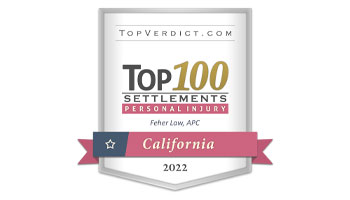

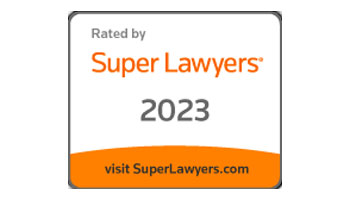
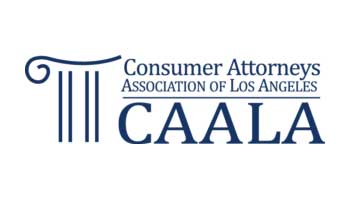

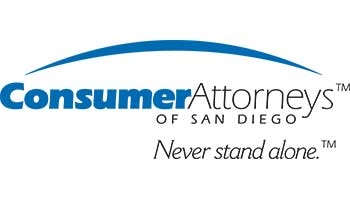
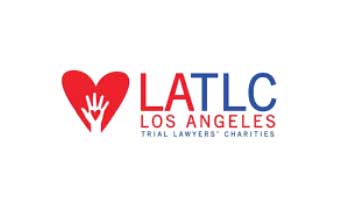
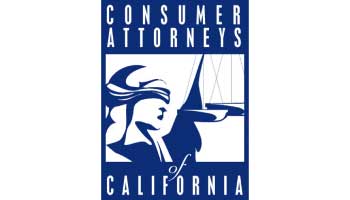
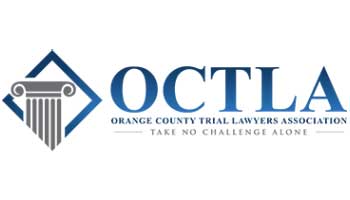
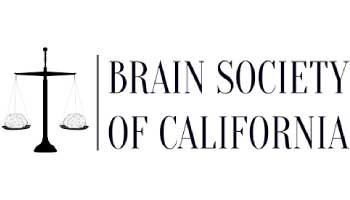
Related Posts

Suspect Injured in South LA Chase Crash

Pregnant Woman Killed in Anaheim DUI Crash
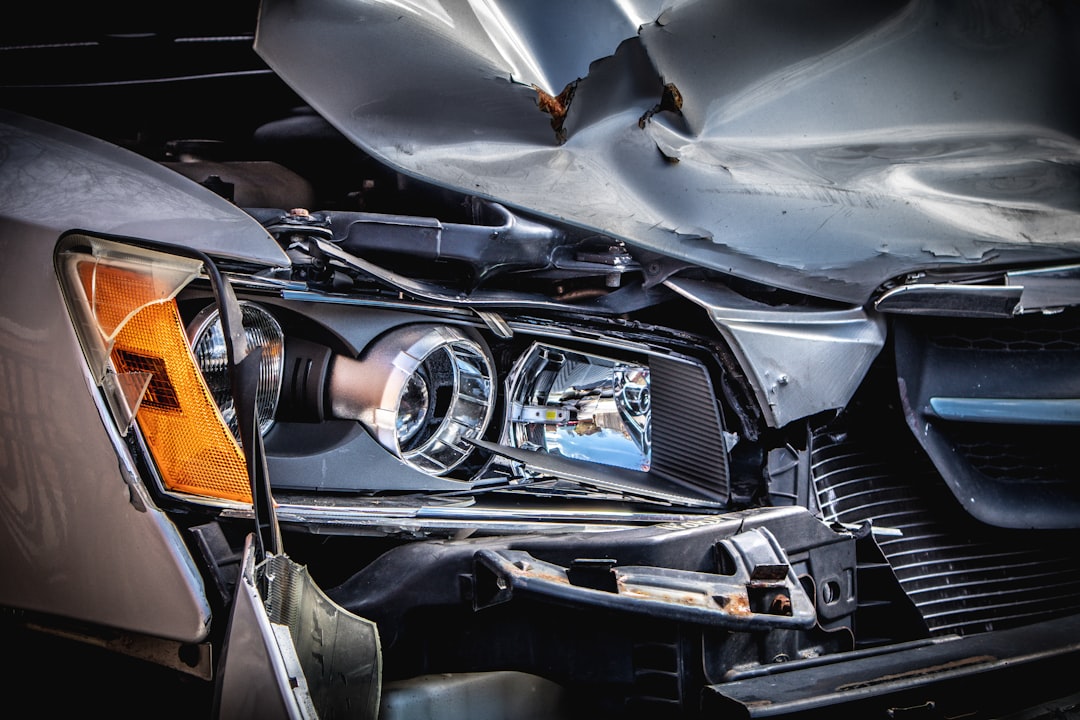
Fatal Crash in South Los Angeles Claims One Life
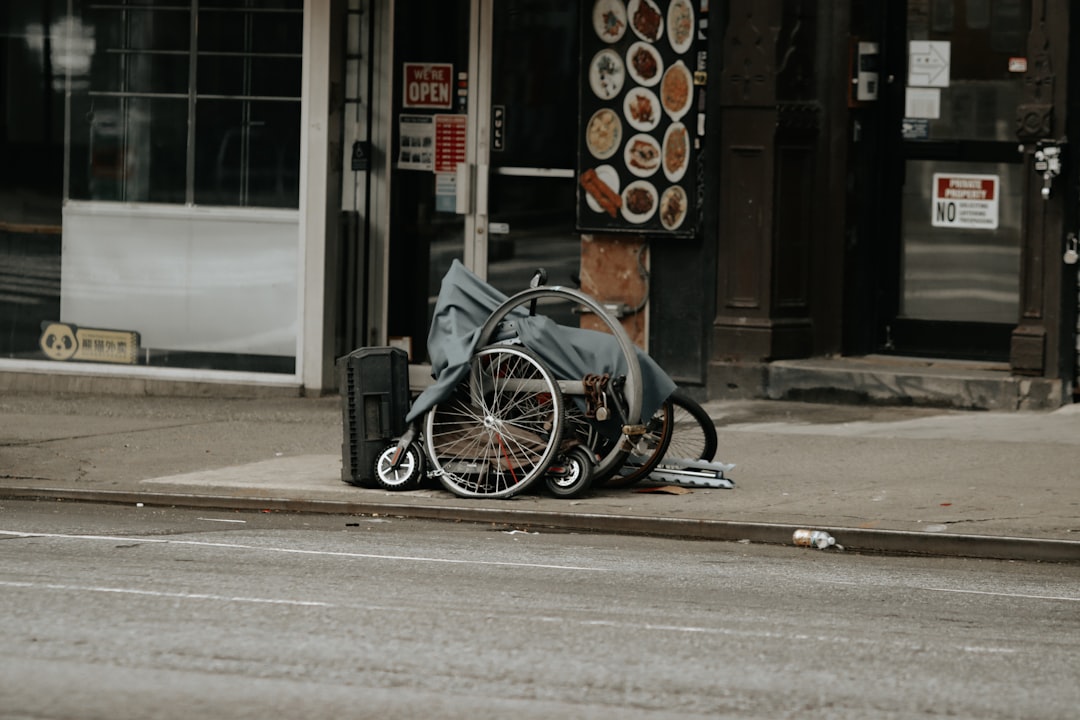
Man in Wheelchair Killed in Downtown LA Crash
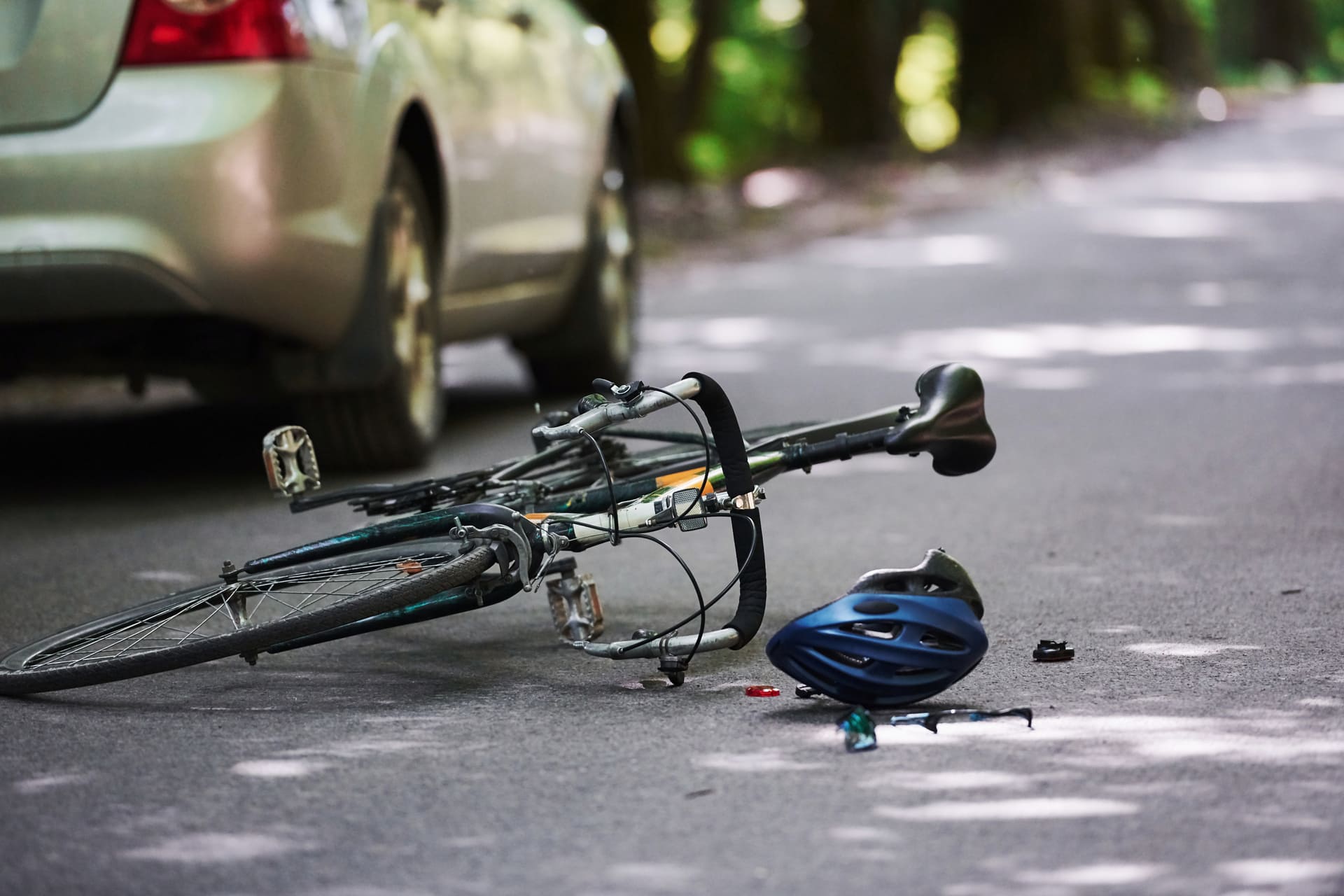
Bicycle Accident Compensation Calculator in California
